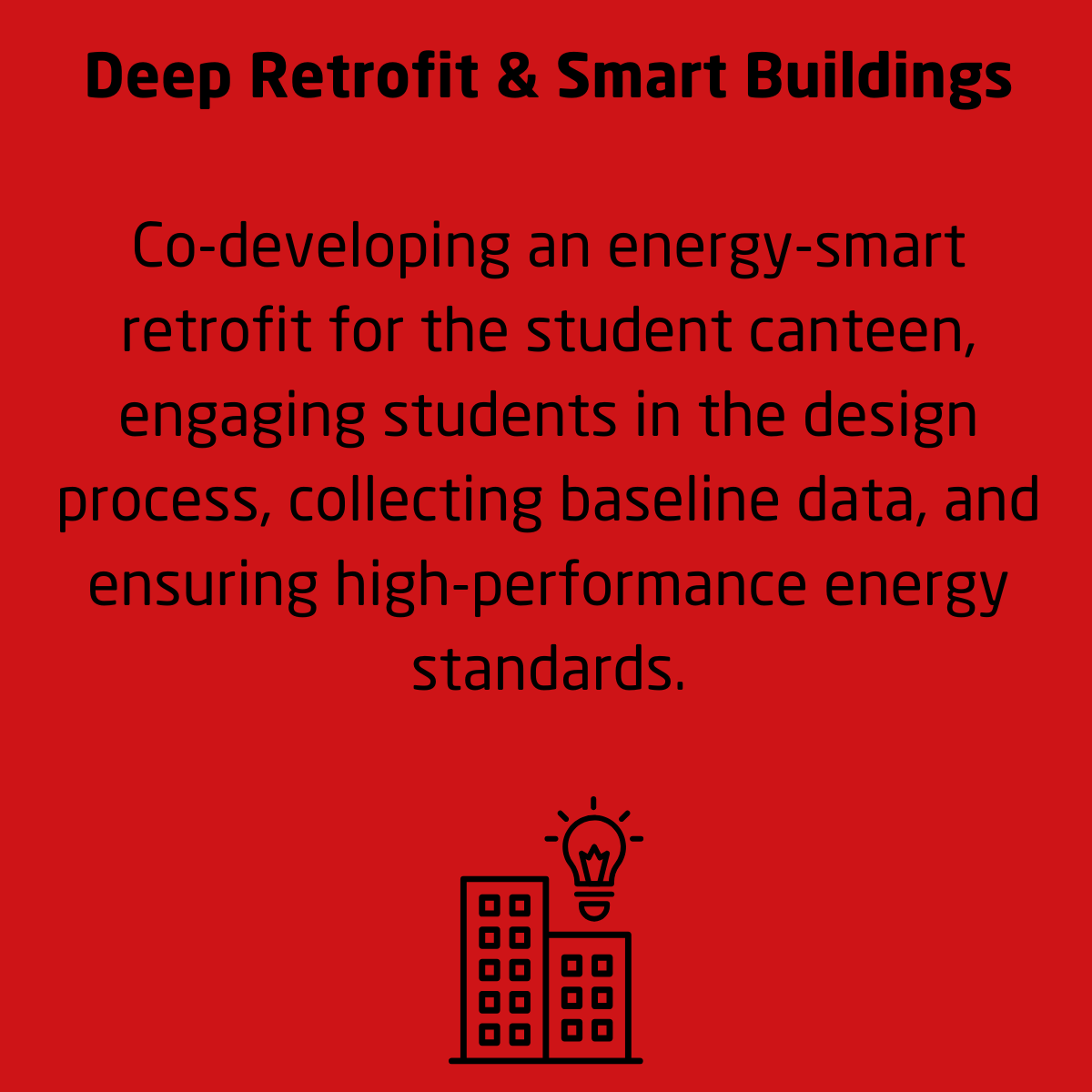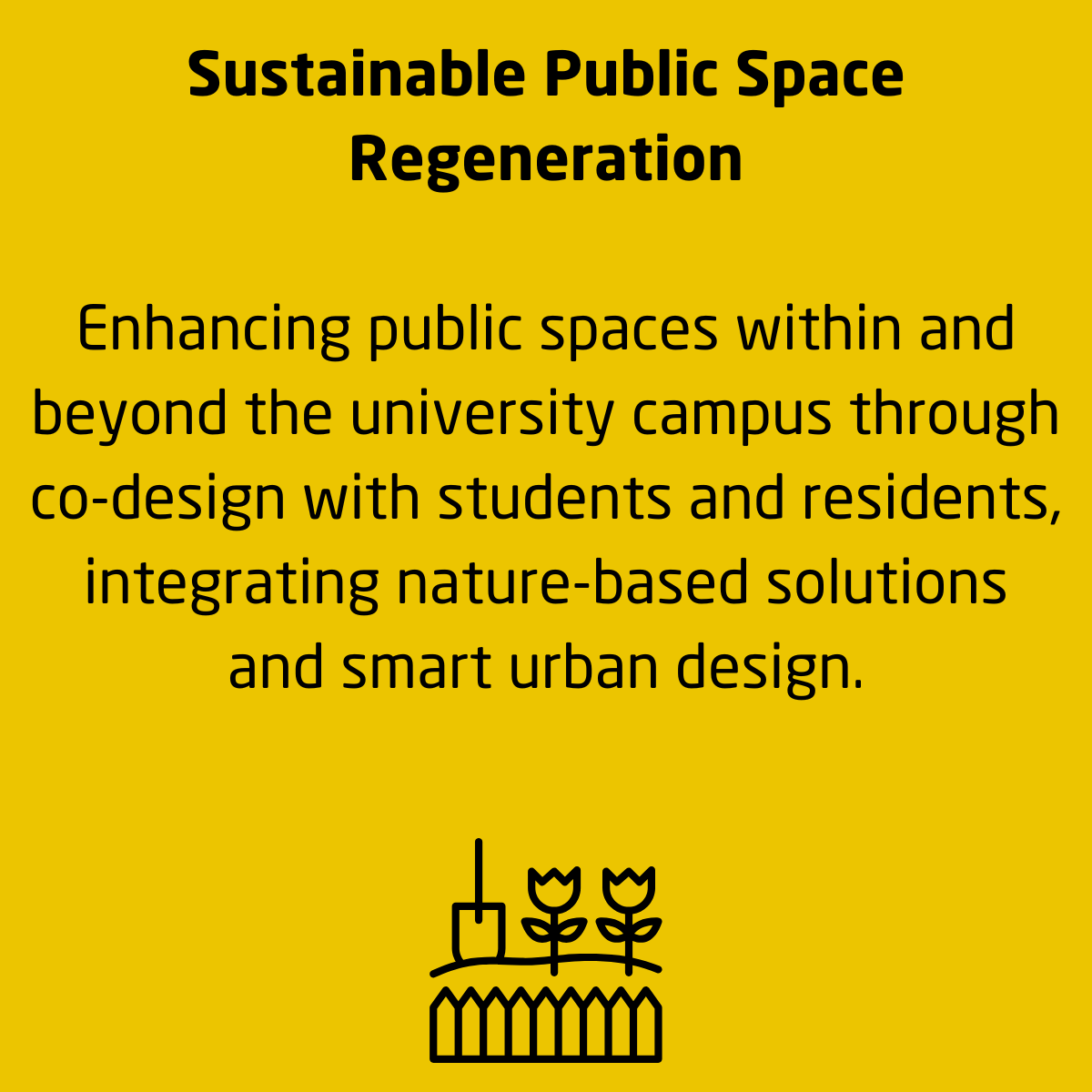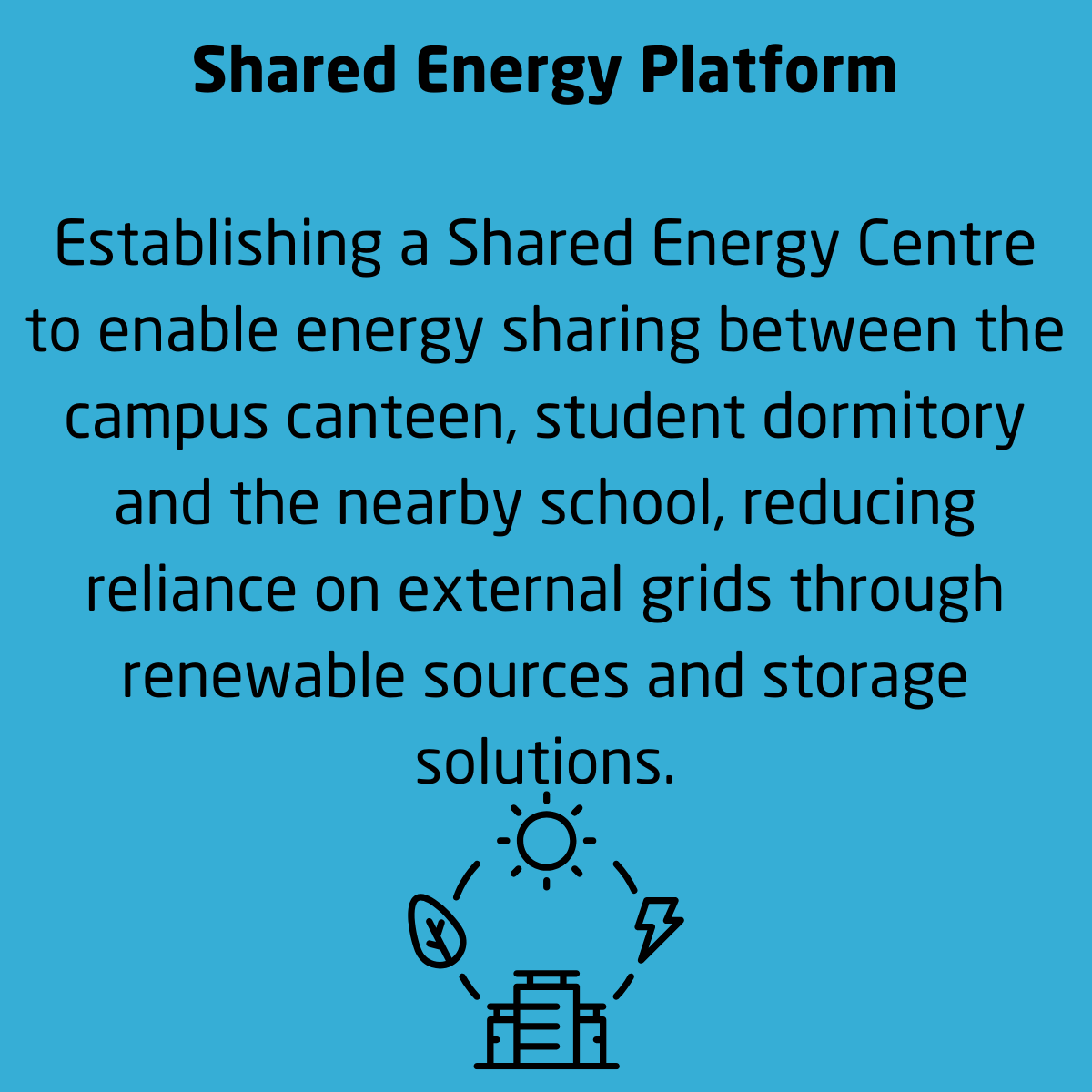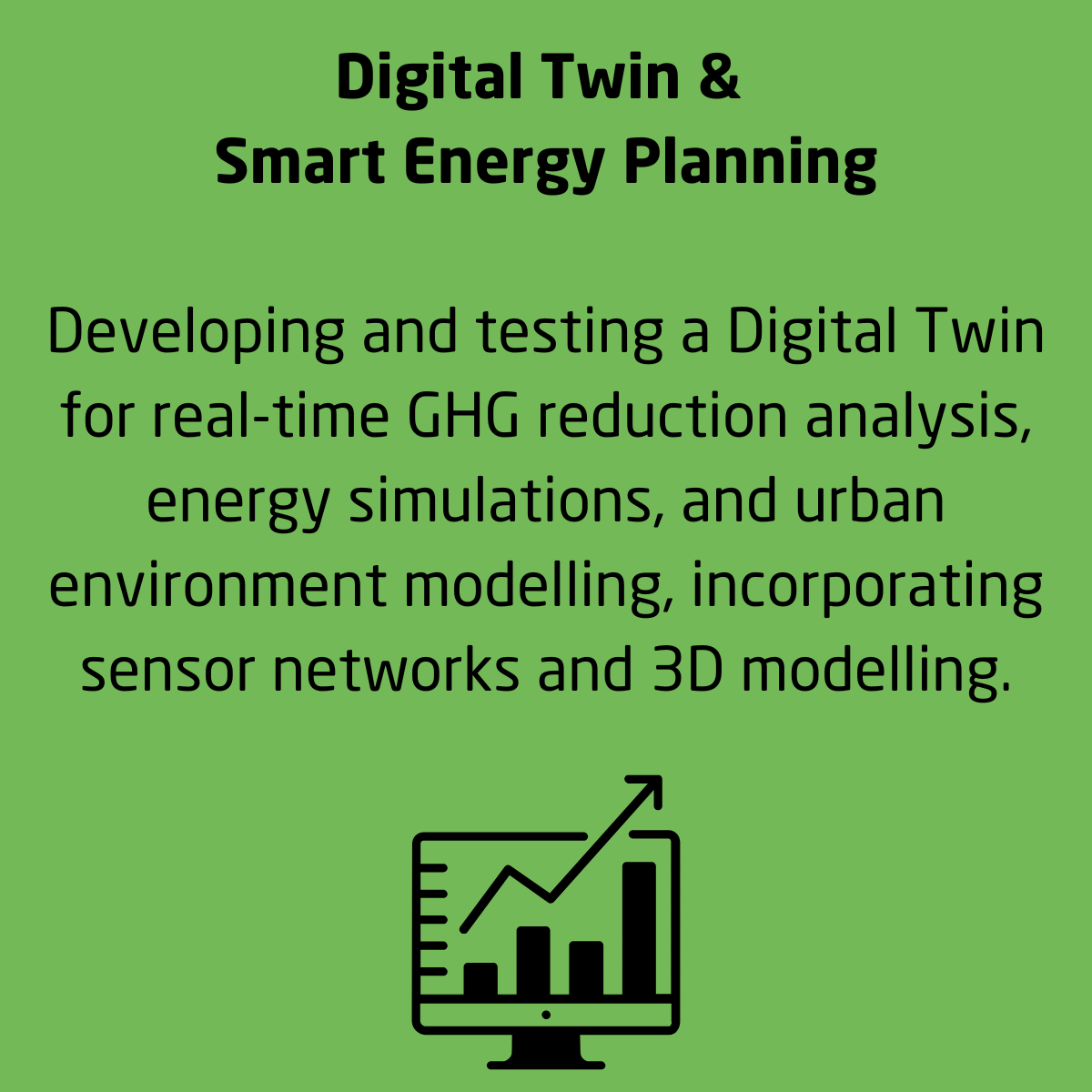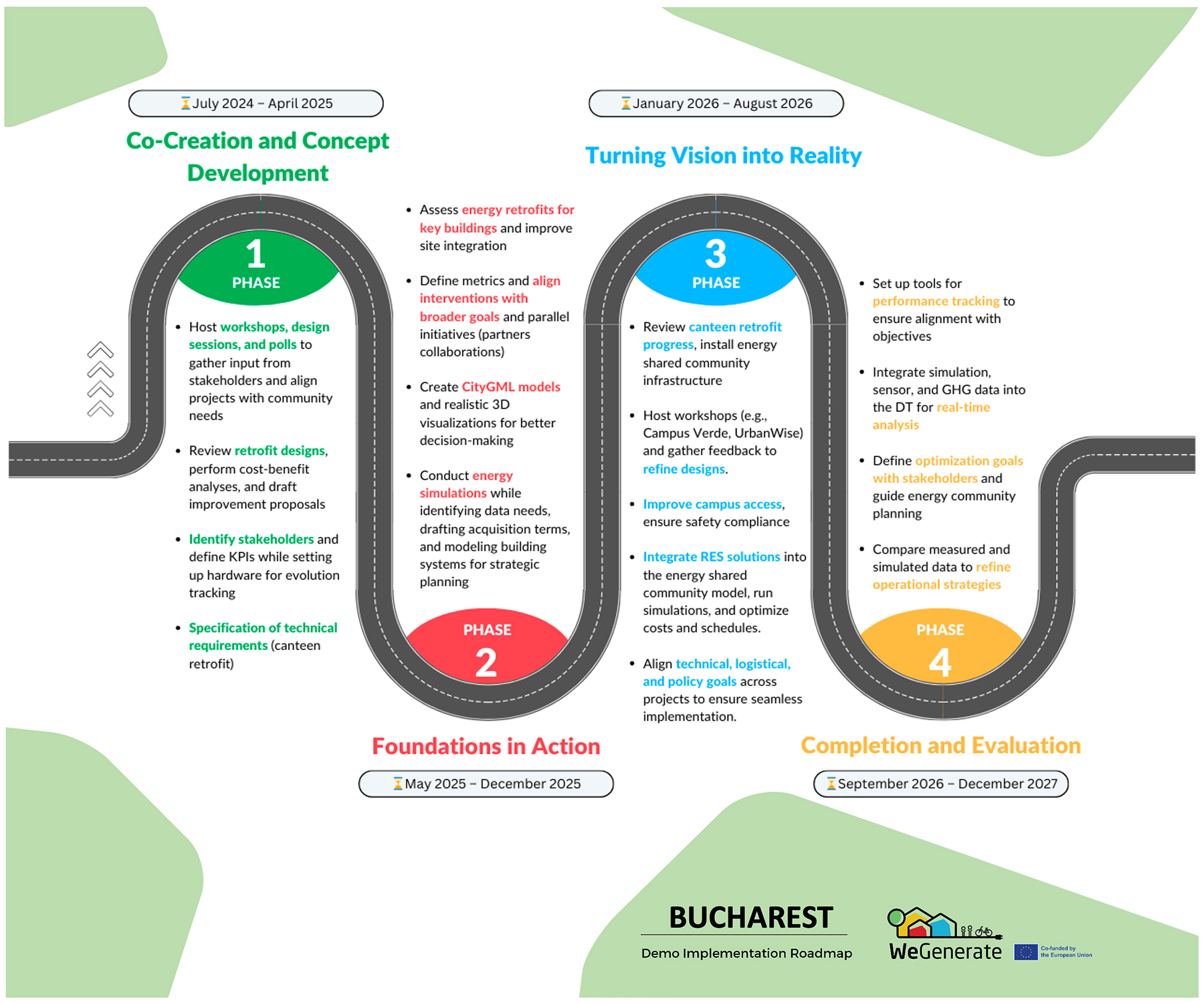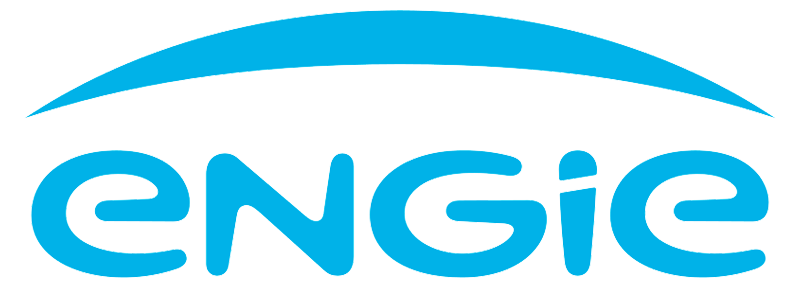Bucharest, Romania
Open Campus for Neighbourhood and Climate
In Bucharest District 2, green open spaces are scarce in the dense urban environment. It is widely recognised that urban parks and green spaces do not only serve recreational needs but they also encourage positive social interactions, which cultivate social cohesion in ways that enhance well-being as well as increased social engagement. The challenge is how to create pockets of green spaces in dense urban neighbourhoods that bring about these positive healthy lifestyle and social changes. The Demo is located in the Tei area within District 2 of Bucharest, it is a neighbourhood characterised by a diverse social and cultural mix (including students, young families, elderly, small businesses, Romani and Ukranian refugees).
